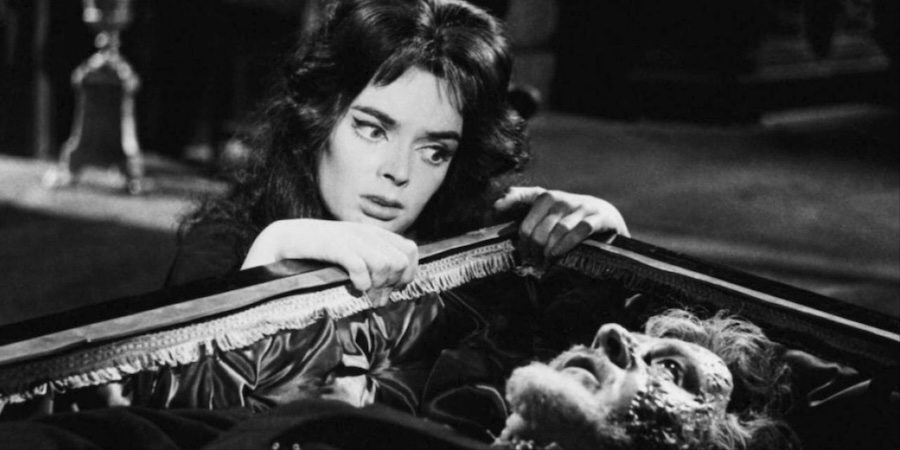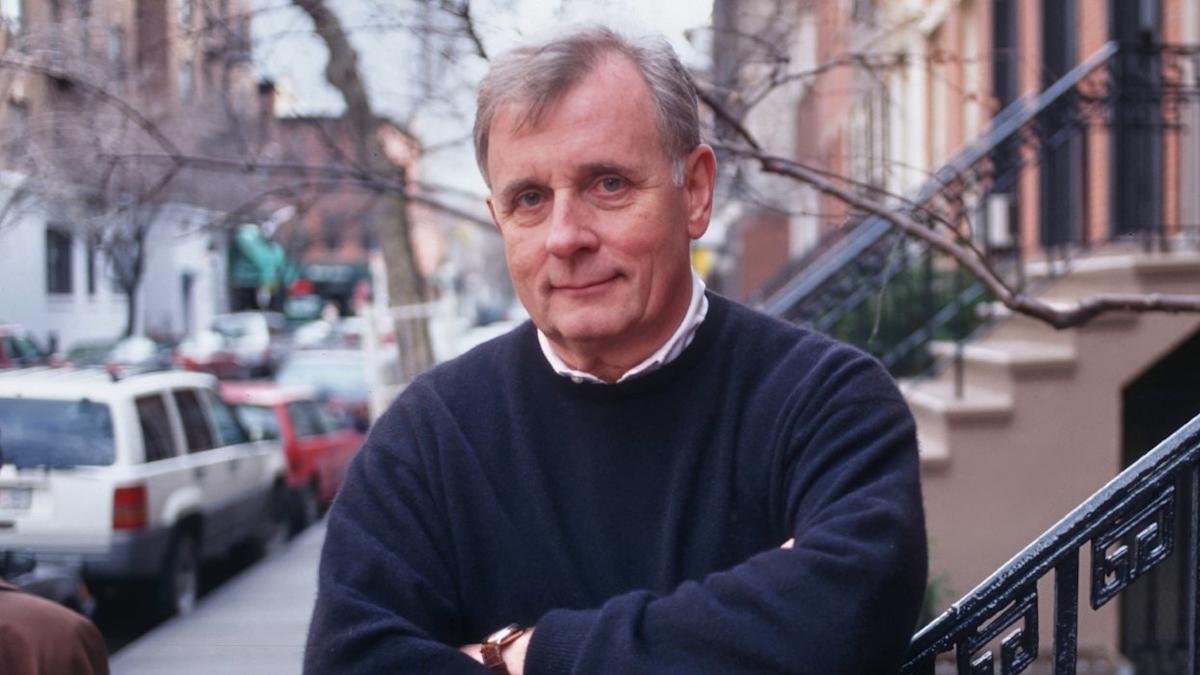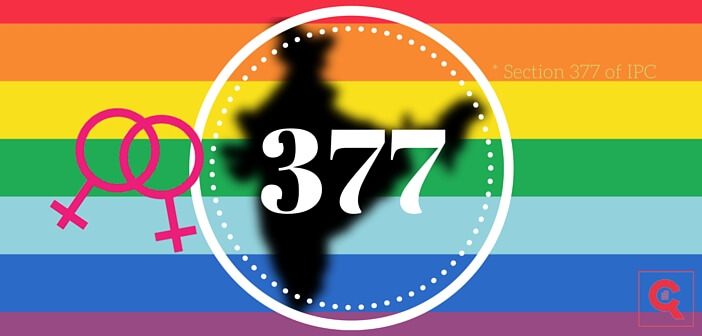Introduction: A Star’s Moment of Vulnerability
Brad Pitt, one of Hollywood’s most enduring icons, recently opened up about deeply personal aspects of his life, offering a rare glimpse into his thoughts on sexuality, sobriety, and his journey through personal challenges. In a June 2025 episode of the podcast *Armchair Expert with Dax Shepard*, the 61-year-old actor made headlines with a candid and humorous remark about never having had a “gay experience,” sparking widespread discussion. Beyond the playful banter, Pitt’s conversation touched on his struggles with alcohol, his high-profile divorce from Angelina Jolie, and his current relationship with Ines de Ramon. This article delves into these revelations, placing them within the broader context of Pitt’s life, career, and the cultural landscape of Hollywood, while exploring the societal implications of his comments and the personal growth that has defined his recent years.
Pitt’s openness is not just a celebrity anecdote; it reflects a broader shift in Hollywood toward authenticity and vulnerability, particularly among male stars who have historically been guarded about their personal lives. By examining his remarks, the challenges he faced, and the cultural and historical context of his career, we aim to provide a comprehensive exploration of this moment and its significance.
The Context: Hollywood and the Evolution of Celebrity Culture
The Changing Face of Masculinity in Hollywood
Brad Pitt’s career spans over three decades, during which he has embodied various archetypes of masculinity, from the rugged heartthrob in *Thelma & Louise* (1991) to the introspective anti-hero in *Fight Club* (1999). In the 1990s and early 2000s, Hollywood’s leading men were often expected to project an image of stoic, heterosexual masculinity. Public discussions of sexuality, especially anything outside the norm, were rare and often taboo. Pitt’s lighthearted comment about missing the “gay experience” is notable not only for its humor but also for its departure from this rigid framework.
The 21st century has seen a gradual shift in how male celebrities engage with topics like sexuality. Actors like Chris Pine, Ryan Reynolds, and even Pitt’s podcast host, Dax Shepard, have used humor and openness to challenge traditional norms, fostering a culture where such discussions are less stigmatized. Pitt’s remarks align with this trend, reflecting a broader societal move toward acceptance and curiosity about diverse identities. His willingness to joke about his sexuality, even hypothetically, signals a comfort with vulnerability that was less common in earlier decades.
The Role of Podcasts in Celebrity Narratives
The *Armchair Expert* podcast, hosted by Dax Shepard, has become a platform for celebrities to share unfiltered stories. Launched in 2018, the podcast emphasizes candid conversations, often delving into personal struggles, relationships, Ecoland mental health. Pitt’s appearance on the show is part of a growing trend where stars use podcasts to connect directly with audiences, bypassing traditional media gatekeepers. This format allows for nuanced discussions, as evidenced by Pitt’s ability to blend humor with serious reflections on his life.
Podcasts like *Armchair Expert* have reshaped celebrity culture by prioritizing authenticity over polished narratives. For Pitt, this platform provided a space to discuss sensitive topics like sobriety and family estrangement, which might have been sensationalized in traditional outlets. The relaxed, conversational tone of the podcast allowed Pitt to reveal his humanity, making his comments about sexuality and personal growth resonate more deeply with listeners.
Brad Pitt’s Candid Confession: Exploring Sexuality
The “Gay Experience” Comment
During the *Armchair Expert* episode, Pitt made a playful remark that sparked widespread attention: “You know I’ve never had a gay experience. I kind of missed that window, but if I did, it wouldn’t be you,” he said to Shepard, adding that the host would rank as his “14th or 15th” experience. Shepard responded in kind, joking that Pitt would need to “build up” to him. The exchange was lighthearted, but it carried deeper implications about Pitt’s openness to discussing sexuality in a public forum.
Pitt’s comment reflects a cultural moment where fluidity in identity is increasingly normalized. While he clarified that he has not had a same-sex experience, his willingness to entertain the idea humorously suggests a rejection of rigid sexual norms. This aligns with Hollywood’s evolving attitudes, where stars like Harry Styles and Timothée Chalamet have embraced gender-fluid fashion and ambiguous public personas, challenging traditional expectations.
“I kind of missed that window, but if I did, it wouldn’t be you,” Pitt quipped, showcasing his ability to engage in self-deprecating humor while addressing a sensitive topic.
The remark also sparked online reactions, with fans and commentators praising Pitt’s openness while others speculated about the broader implications for his public image. Some social media posts interpreted the comment as a sign of Pitt’s allyship with the LGBTQ+ community, while others saw it as a playful deflection of deeper introspection. Regardless, the exchange highlighted Pitt’s ability to navigate personal topics with charm and humility.
Sexuality in Hollywood: A Historical Perspective
Discussions of sexuality in Hollywood have historically been fraught with risk. In the mid-20th century, the Motion Picture Production Code (Hays Code) censored depictions of non-heterosexual relationships, and stars like Rock Hudson hid their identities to maintain careers. Even in the 1990s, when Pitt rose to fame, coming out could end a career, as seen with figures like Ellen DeGeneres, who faced backlash after publicly identifying as a lesbian in 1997.
By 2025, the landscape has shifted dramatically. The legalization of same-sex marriage in the U.S. in 2015, coupled with growing visibility of LGBTQ+ stories in media, has created a more inclusive environment. Pitt’s comment, while not a declaration of identity, reflects this progress. His ability to joke about sexuality without fear of career repercussions underscores how far Hollywood has come in embracing diverse narratives.
The Sobriety Journey: A Path to Redemption
Pitt’s Struggles with Alcohol
In the same podcast, Pitt opened up about his experience with Alcoholics Anonymous (AA), describing his first meeting as a pivotal moment following his 2016 separation from Angelina Jolie. “I was pretty much on my knees,” he said, recalling the desperation that led him to seek help. “I was trying anything and everything, anything anyone threw at me… It was a difficult time. I needed rebooting.”
Pitt’s candor about his struggles with alcohol adds a layer of depth to his public persona. Known for roles that exude confidence and charisma, his admission of vulnerability challenges the myth of the infallible celebrity. His journey with AA began shortly after his split from Jolie, a period marked by intense media scrutiny and personal turmoil. In a 2019 interview with *The New York Times*, Pitt confirmed he attended AA meetings for over a year, finding solace in the community and accountability they provided.
“It gives you permission to go, ‘OK, I’m gonna step out on this edge and see what happens.’ And then I really grew to love it,” Pitt said of his AA experience, highlighting the transformative power of vulnerability.
Pitt’s sobriety journey is part of a broader trend among celebrities who have publicly addressed addiction. Stars like Robert Downey Jr., who overcame drug addiction, and Demi Lovato, who has spoken about their struggles with substance abuse, have helped destigmatize recovery. Pitt’s willingness to share his story contributes to this narrative, emphasizing that recovery is a universal human experience, not confined to the margins of society.
The Role of AA in Pitt’s Life
Alcoholics Anonymous, founded in 1935, is a global fellowship that supports individuals in achieving and maintaining sobriety through a 12-step program. Pitt’s description of being “on his knees” reflects a common sentiment among those who turn to AA during moments of crisis. The program’s emphasis on anonymity and mutual support allowed Pitt to connect with others outside the Hollywood bubble, offering a sense of grounding during a tumultuous period.
Pitt’s involvement with AA also sheds light on the challenges of maintaining sobriety in the public eye. Celebrities face unique pressures, from constant media attention to the demands of high-profile careers. Pitt’s ability to embrace AA’s principles—surrender, accountability, and community—demonstrates his commitment to personal growth, even as he navigated a contentious divorce and estrangement from his children.
The Divorce from Angelina Jolie: A Public and Personal Battle
The End of “Brangelina”
Pitt’s marriage to Angelina Jolie, which began in 2014 after nearly a decade together, was one of Hollywood’s most high-profile unions. Dubbed “Brangelina” by the media, the couple was celebrated for their philanthropy, including their work with refugees and global humanitarian causes. However, their relationship unraveled in 2016, culminating in a highly publicized divorce.
The split was triggered by an alleged incident on a private plane in 2016, where Jolie claimed Pitt became physically aggressive toward her and one of their six children—Maddox, Pax, Zahara, Shiloh, and twins Knox and Vivienne. Court documents obtained in 2022 detailed these allegations, though Pitt has denied any physical abuse. The incident led to investigations by child welfare authorities, who ultimately cleared Pitt of wrongdoing. Nevertheless, the fallout was significant, with Pitt facing estrangement from several of his children, some of whom have dropped his surname in recent years.
The divorce, finalized in December 2024, was a protracted legal battle involving disputes over custody and assets, including a shared winery in France. The public nature of the split amplified Pitt’s personal struggles, with media outlets dissecting every development. His turn to AA during this period was a response to both personal and professional pressures, as he sought to rebuild his life amidst intense scrutiny.
The Impact on Family Dynamics
Pitt’s estrangement from his children is a particularly poignant aspect of his story. By 2025, reports indicate that Maddox, Pax, and Zahara have limited contact with their father, while Shiloh, Knox, and Vivienne maintain varying degrees of connection. The decision by some children to drop Pitt’s surname—most notably Shiloh, who legally changed her name to Shiloh Jolie in 2024—reflects the depth of the rift.
Family estrangement is a complex issue, often rooted in unresolved trauma or differing perspectives. For Pitt, the public nature of his family’s challenges adds an additional layer of difficulty. Fan reactions, as seen in social media comments, range from sympathy for Pitt’s desire for reconciliation to criticism of his past behavior. One commenter, identified as Demko, expressed hope for “family forgiveness and future unity,” reflecting a sentiment that resonates with many who value the importance of familial bonds.
A New Chapter: Ines de Ramon and Personal Growth
A Blossoming Romance
Since 2022, Pitt has been in a relationship with Ines de Ramon, a 32-year-old jewelry designer. The couple has been spotted at events like the *Wolfs* premiere at the 2024 Venice Film Festival and the Abu Dhabi F1 Grand Prix, exuding a sense of joy and companionship. Unlike his previous high-profile relationships with Jolie and Jennifer Aniston, Pitt’s romance with de Ramon has been relatively low-key, suggesting a desire for privacy and stability.
De Ramon, who was previously married to actor Paul Wesley, represents a new chapter for Pitt. Their relationship, which began six years after his split from Jolie, coincides with his sobriety and efforts to rebuild his personal life. Images of the couple together show a relaxed and happy Pitt, a stark contrast to the turmoil of his post-divorce years. This relationship underscores Pitt’s focus on finding balance and authenticity in his personal life.
Pitt’s Evolution as a Public Figure
Pitt’s recent years reflect a broader evolution in his public persona. Once defined by his heartthrob status, he has transitioned into a respected producer and actor known for roles in films like *Once Upon a Time in Hollywood* (2019), for which he won an Oscar, and *Wolfs* (2024). His work behind the scenes, through his production company Plan B Entertainment, has also garnered acclaim, with projects like *12 Years a Slave* and *Moonlight* earning critical and commercial success.
His openness about sobriety, family struggles, and even hypothetical discussions of sexuality reflects a willingness to embrace vulnerability in a way that resonates with contemporary audiences. This shift mirrors a broader trend in Hollywood, where stars are increasingly seen as multifaceted individuals rather than untouchable icons.
Cultural and Societal Implications
Destigmatizing Addiction and Mental Health
Pitt’s discussion of his AA experience contributes to a growing movement to destigmatize addiction and mental health challenges. By sharing his story, he joins a cohort of celebrities who have used their platforms to advocate for recovery and self-improvement. This openness has a ripple effect, encouraging fans to seek help and fostering a culture of empathy and understanding.
The broader societal impact is significant. According to the National Institute on Alcohol Abuse and Alcoholism, approximately 29.5 million Americans had an alcohol use disorder in 2022. Pitt’s story highlights the universality of these struggles, showing that even a global superstar can face and overcome addiction.
Navigating Fame in the Digital Age
Pitt’s journey also reflects the challenges of navigating fame in the digital age. Social media reactions to his podcast comments, ranging from supportive to speculative, illustrate the polarized nature of online discourse. Fans like Demko expressed hope for Pitt’s happiness, while others, like Kindle, playfully questioned whether he had truly “missed the window” for exploring his sexuality. These reactions underscore the public’s investment in Pitt’s personal life, a phenomenon amplified by the immediacy of social media.
Yet, Pitt’s ability to maintain a sense of humor and authenticity amidst this scrutiny speaks to his resilience. His choice to share his story on a platform like *Armchair Expert*, where he could control the narrative, reflects a strategic approach to managing his public image in an era of relentless media coverage.
Conclusion: A Legacy of Resilience and Authenticity
Brad Pitt’s candid reflections on *Armchair Expert* offer a window into his evolution as both a person and a public figure. His humorous remark about missing the “gay experience” is more than a soundbite; it’s a testament to his comfort with vulnerability and his alignment with a more inclusive cultural landscape. His journey through sobriety, divorce, and family estrangement reveals a man grappling with universal human challenges, made all the more complex by his status as a global icon.
As Pitt navigates his relationship with Ines de Ramon and continues to redefine his career, he embodies a new kind of Hollywood star—one who embraces authenticity over perfection. His story resonates not only with fans but also with anyone seeking redemption, connection, or a second chance. By sharing his struggles and triumphs, Pitt reminds us that even the brightest stars face moments of darkness, and it is in those moments that true growth occurs.
In a world that often demands flawless facades, Pitt’s willingness to reveal his imperfections is a powerful act of courage. His legacy, built on talent, resilience, and an unwavering commitment to personal growth, continues to inspire and captivate audiences around the globe.

















0 Comments